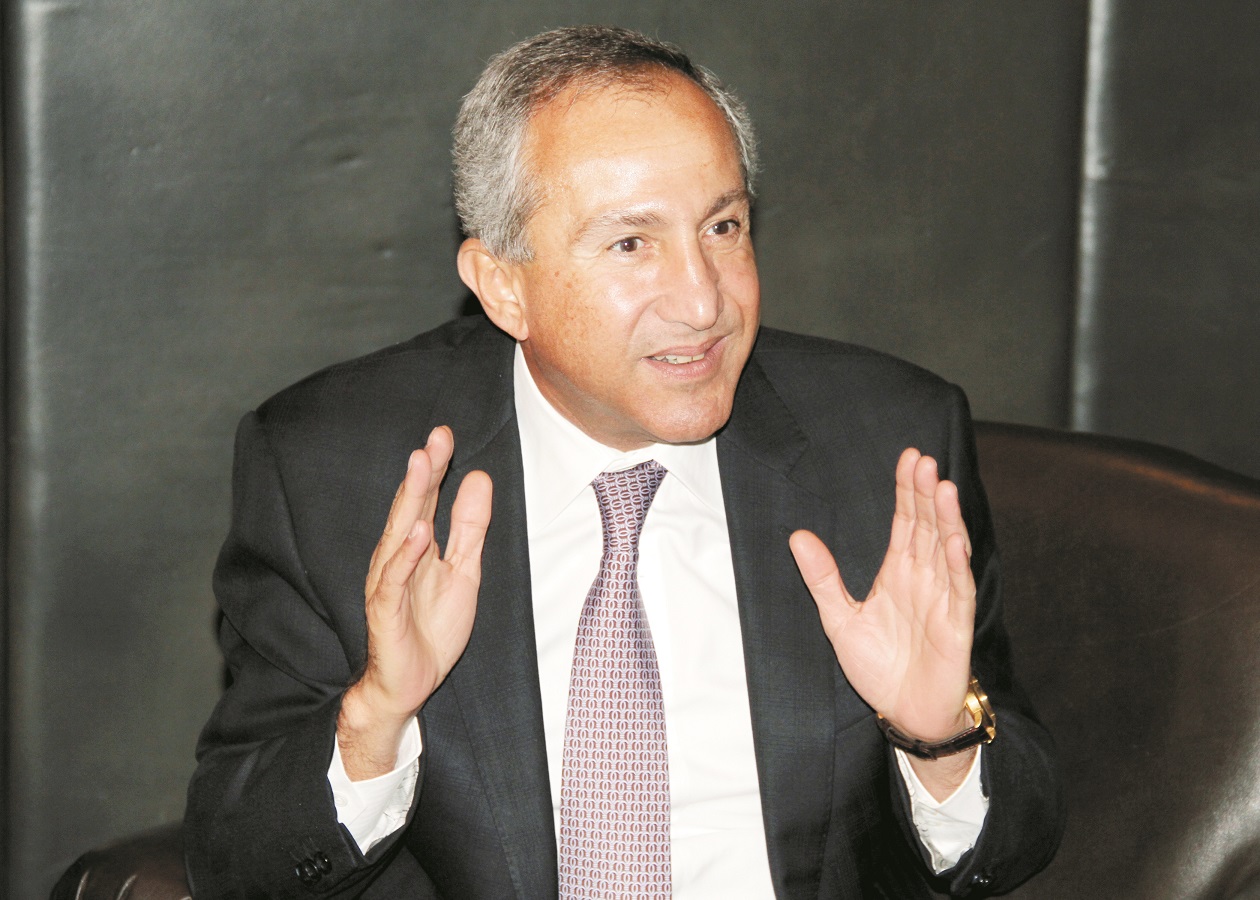SYDNEY: Australia said Tuesday it would impose new sanctions on Iran as part of ramped up international efforts to encourage Tehran to curb its nuclear ambitions.
The United Nations Security Council last week placed its fourth set of sanctions on Iran, while EU foreign ministers have proposed new restrictions which go even further.
Foreign Minister Stephen Smith said the latest Australian sanctions would apply to a bank and a shipping company, as well as a man connected to a construction firm owned by the Islamic Revolutionary Guard.
"These new measures put Australia at the forefront of efforts to persuade Iran to reverse its current path of confrontation with the international community," he said in a statement.
Smith said the new sanctions would apply to Bank Mellat, which had facilitated transactions involving Iranian nuclear and missile entities, and the Islamic Republic of Iran Shipping Line (IRISL), which had transported goods for Tehran’s nuclear and missile programs.
They would also apply to General Rostam Qasemi, who Smith said was the commander of the Khatem ol-Anbiya Construction Organization, a firm owned by the Islamic Revolutionary Guard Corps.
Australia, which has imposed its own sanctions against some 40 other Iranian individuals and organizations, already supports all UN Security Council resolutions against the Islamic republic.
The new measures mean that the firms identified will be unable to do business in Australia while General Qasemi will be banned from entering the country without the permission of the foreign minister.
"Australia is taking these additional measures to demonstrate our real concern about Iran’s nuclear program," Smith said.
Smith said the opportunity for dialogue with Iran was not over, but noted it posed "potentially with the most difficult peace and security issue the international community will be confronted with over the next 12 to 18 months."
"Australia again calls on Iran to conduct itself in accordance of its international legal obligations and to seek to resolve this matter through a change of policy as quickly as possible," he told parliament.
New UN sanctions announced last week authorize high-seas inspections of boats believed to be carrying banned items to Iran and increase the number of people and groups subject to travel restrictions and financial sanctions.
The resolution was passed with 12 members voting in favor, including all five permanent members of the council, while Brazil and Turkey voted against and Lebanon abstained.
Iranian foreign ministry spokesman Ramin Mehmanparast told reporters on Tuesday that Tehran was to protest against the sanctions resolution by sending separate letters to all 15 members of the UN Security Council.
Foreign Minister Manouchehr Mottaki is to write to council members against the "illogical approach which led to the adoption of the resolution and to explain the position of our country," he said.
"The resolution is illogical … and we will not allow anyone to curb our rights."
President Mahmoud Ahmadinejad said Iran’s nuclear fuel swap deal brokered by Brazil and Turkey last month was "still alive," state television’s website reported on Tuesday.
"The Tehran declaration is still alive and can play a role in international relations even if the arrogant (Western) powers are upset and angry," he said in a meeting with visiting Turkish parliament speaker Mehmet Ali Shahin.
Under the May 17 accord with Brazil and Turkey, Iran agreed to send 1,200 kilograms (2,640 pounds) of its low-enriched uranium to Turkey.
In return, the Islamic republic would be supplied with higher grade fuel from Russia and France for a research reactor.
The proposal aimed to counter an arrangement drafted by the UN atomic watchdog that had been deadlocked for several months.
However, it was cold-shouldered by world powers which, led by Washington.
The West suspects the enrichment masks a nuclear weapons drive, a charge denied by Tehran.



